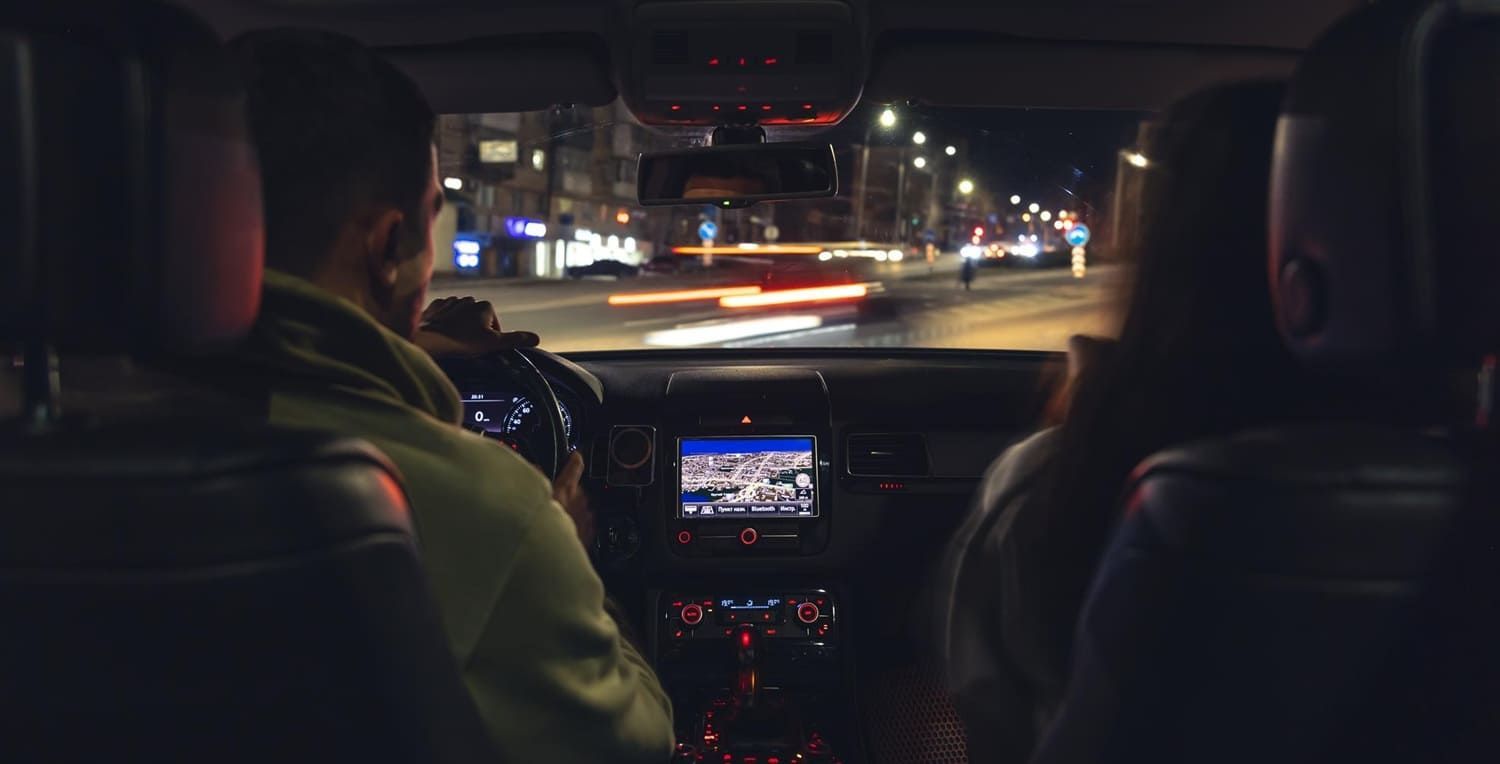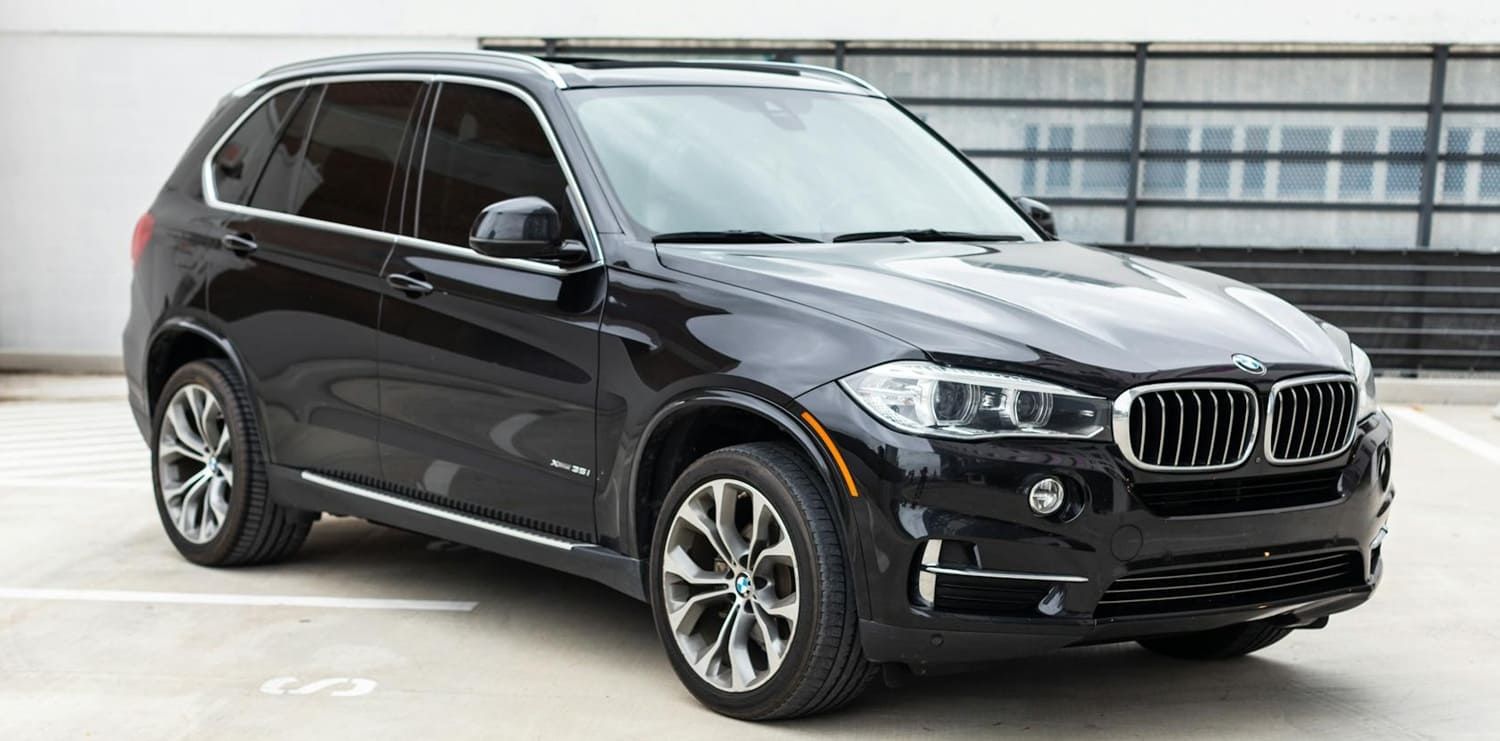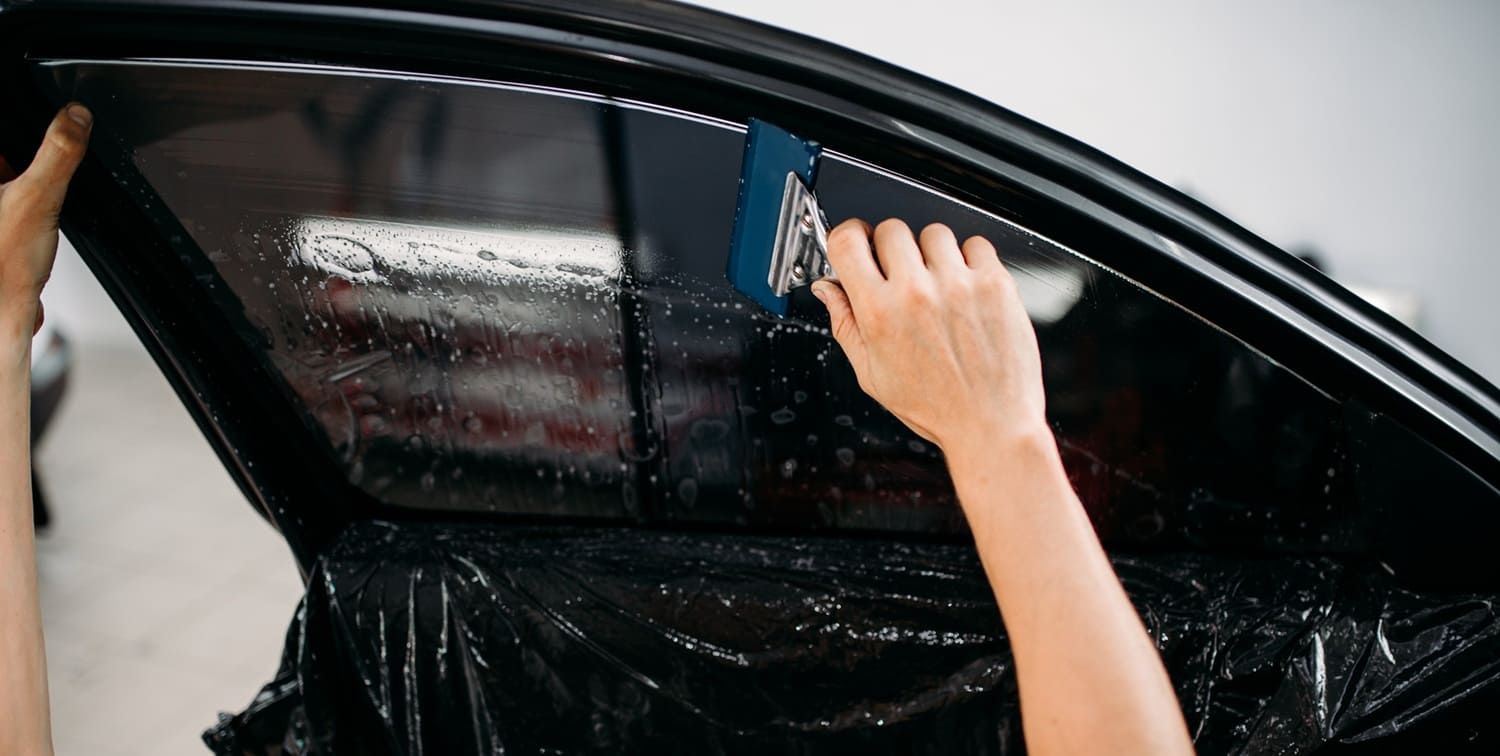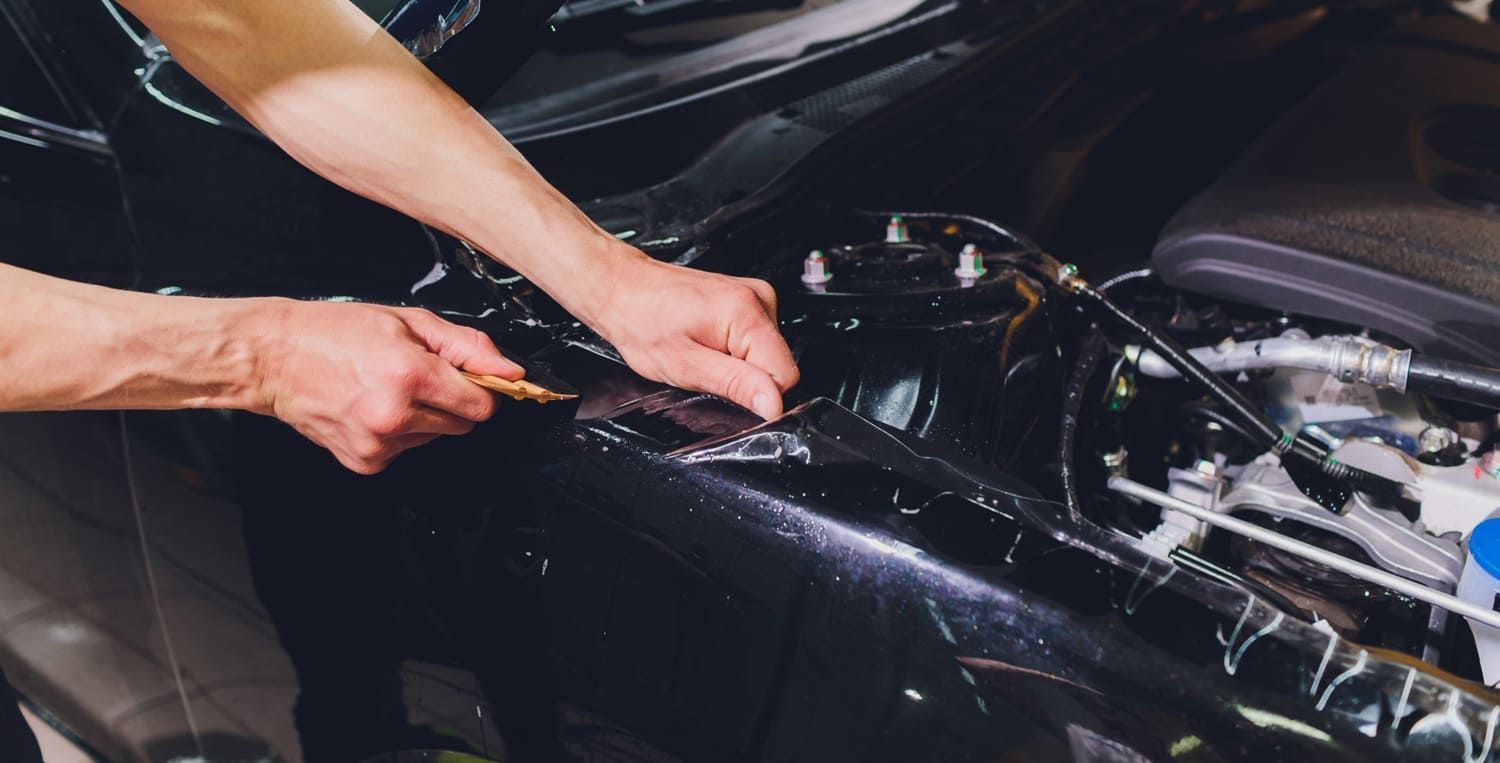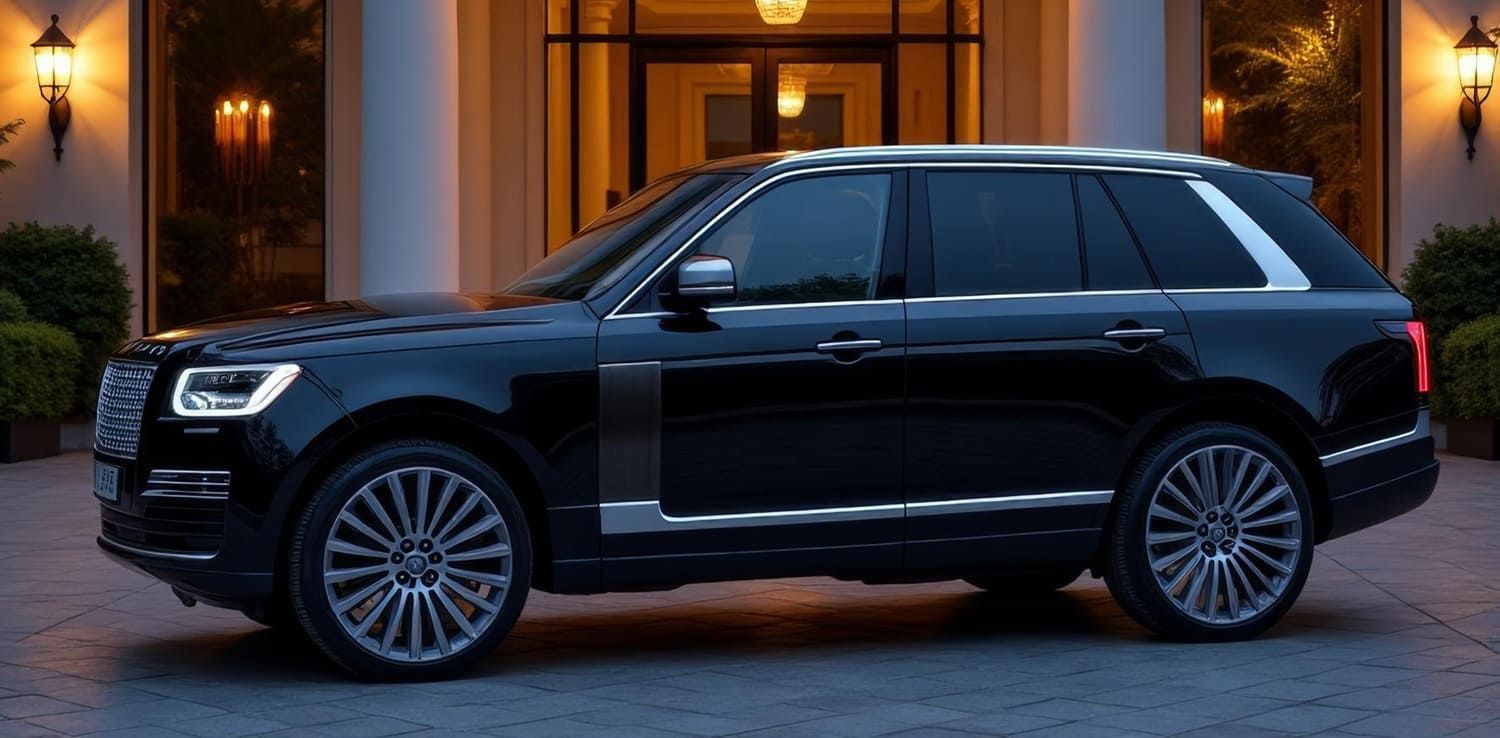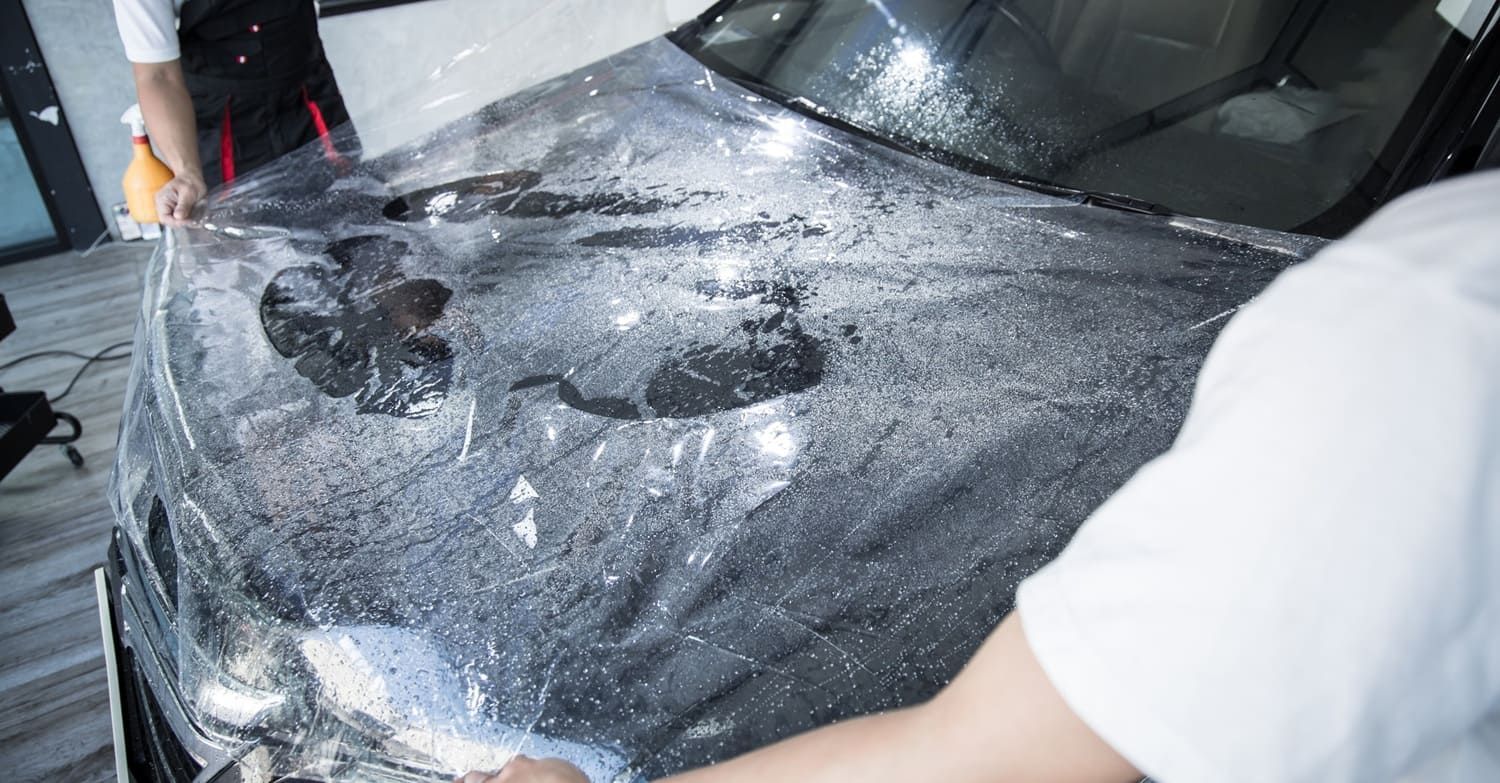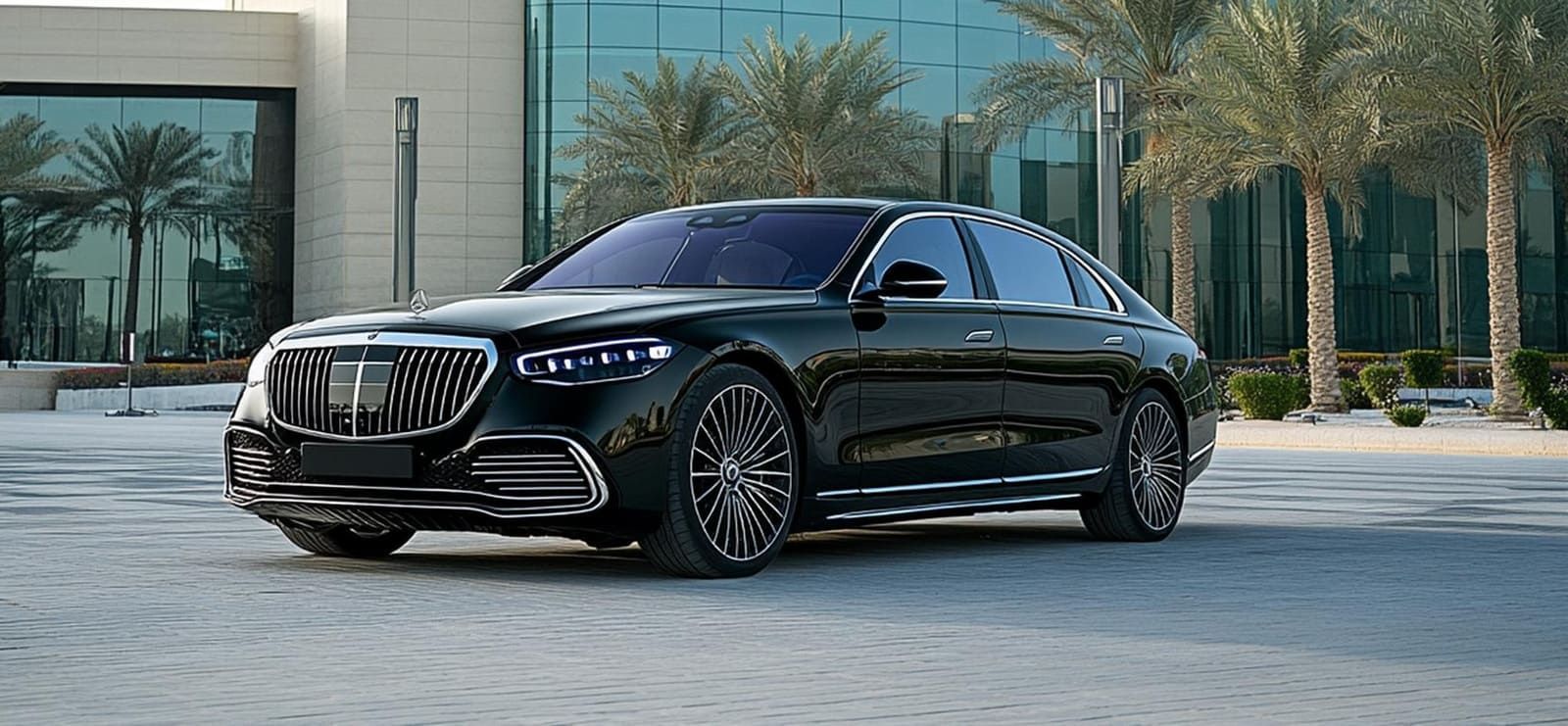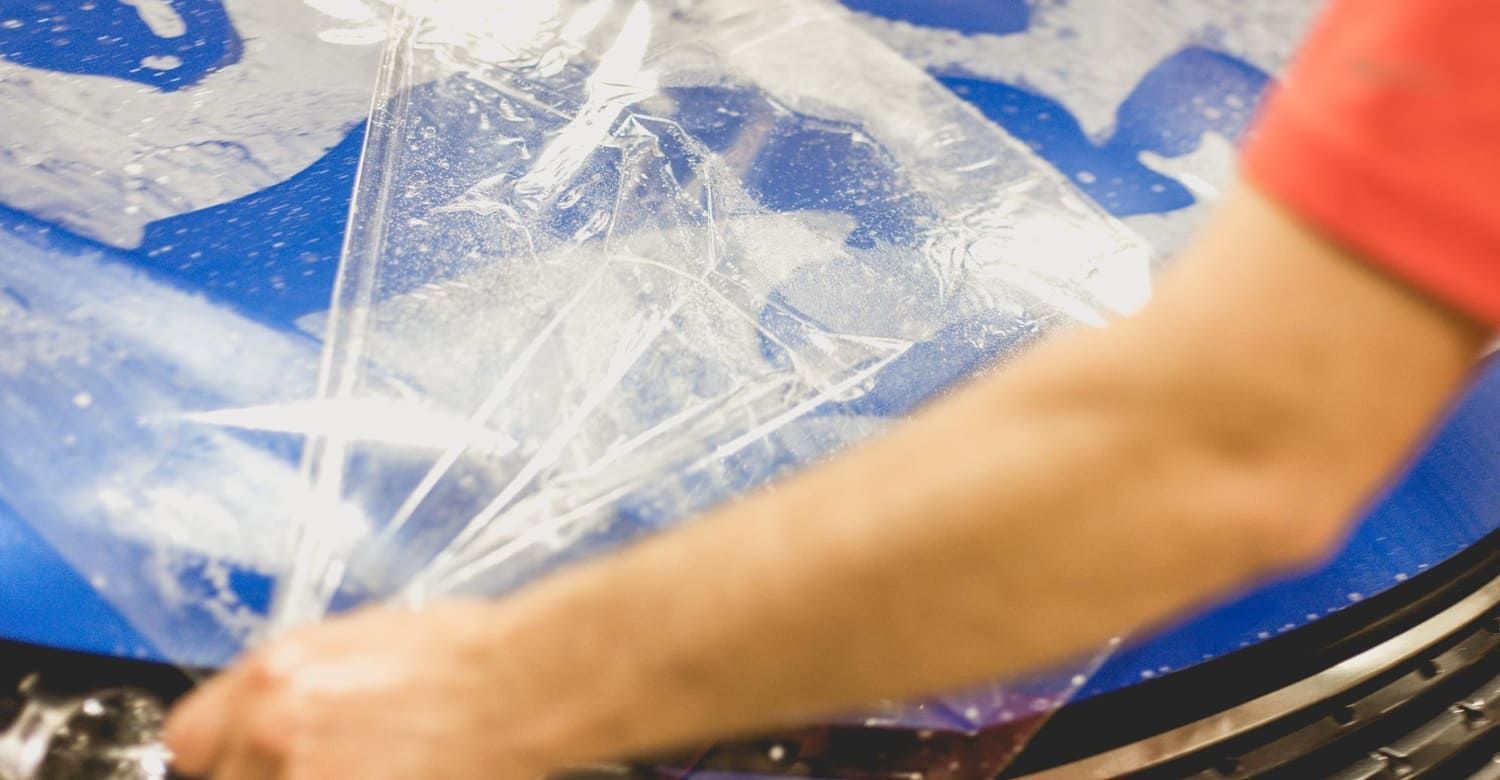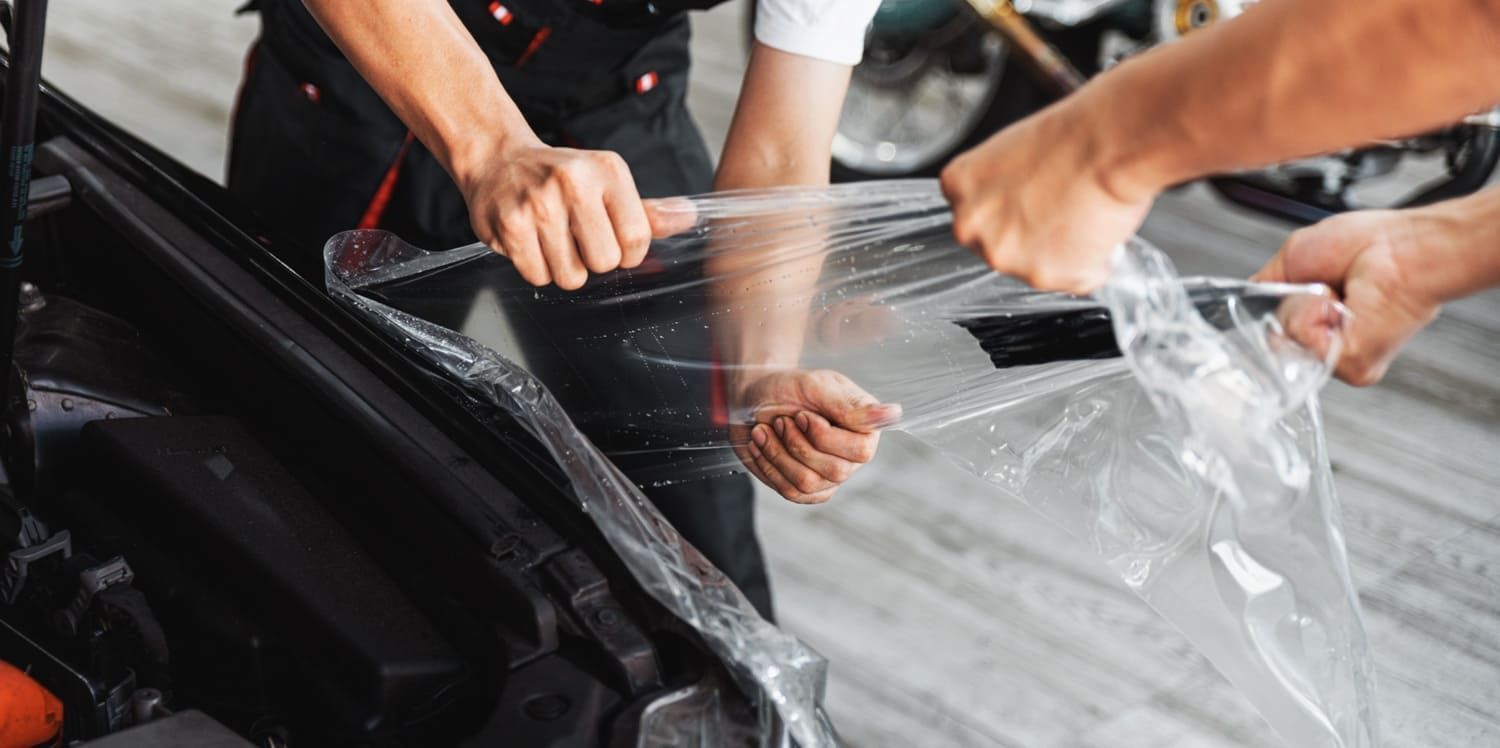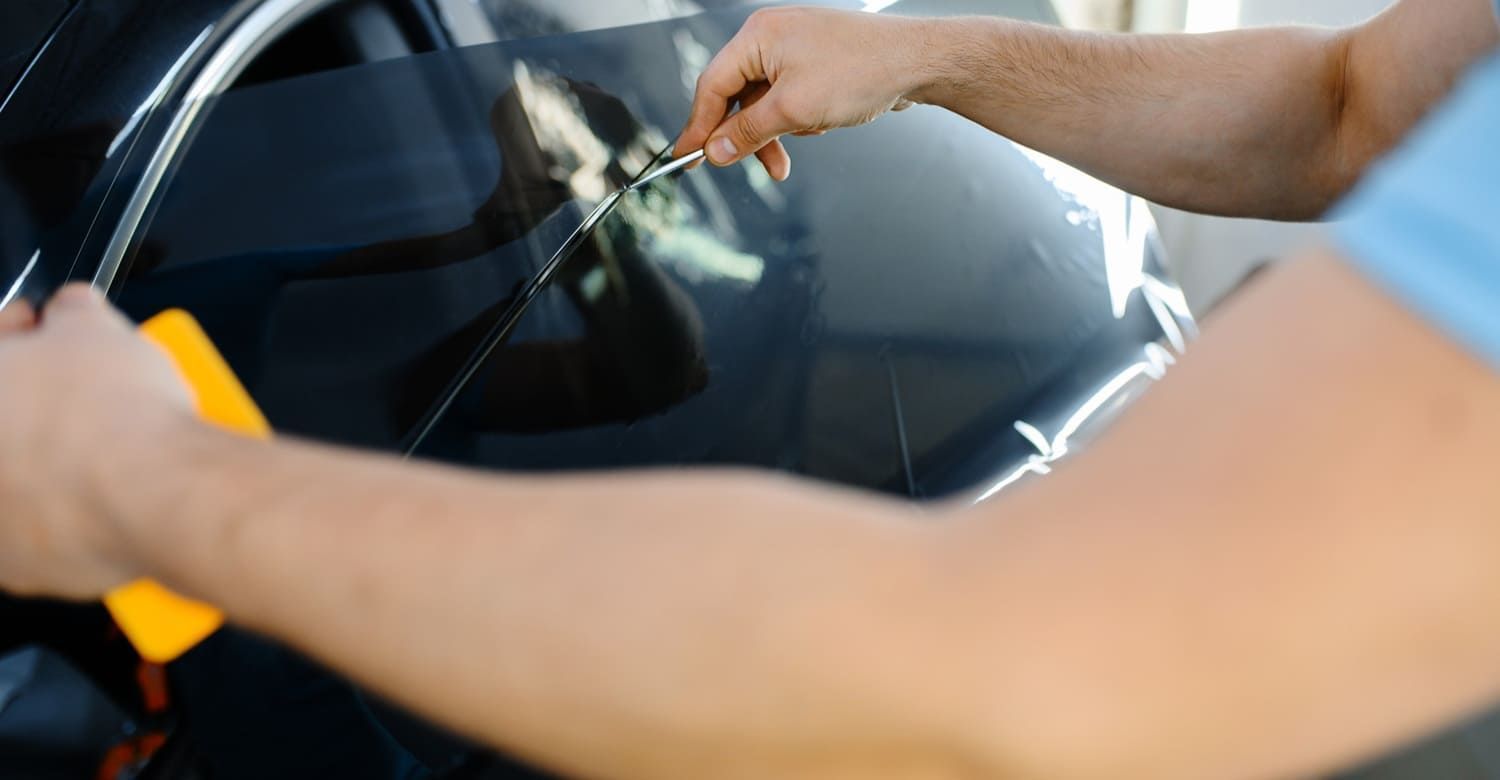What Are the Legal Limits for Car Window Tint in Florida?
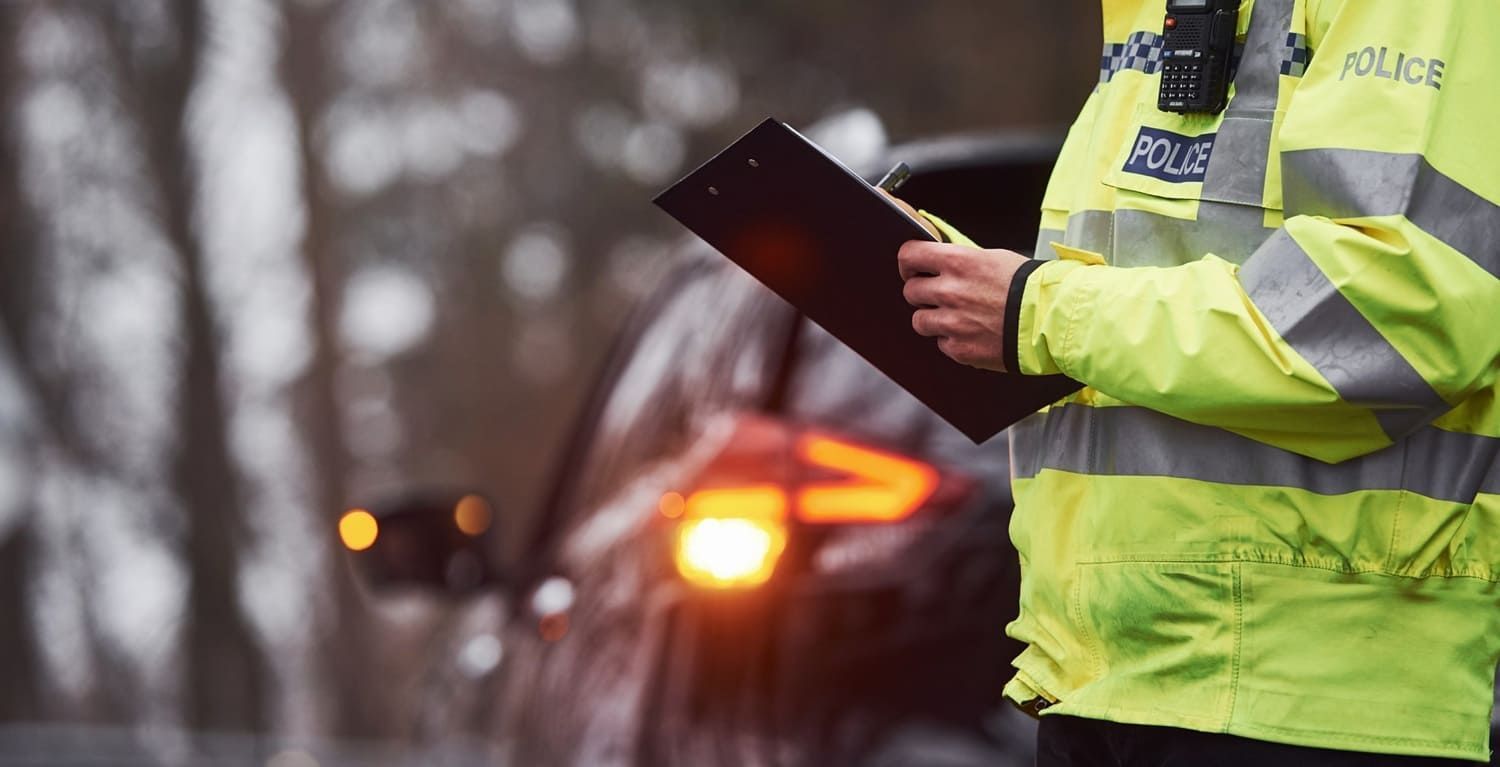
Understanding Florida's Window Tint Laws
Florida has specific laws regulating the level of tint darkness and reflectivity on car windows. These laws are in place to ensure drivers have sufficient visibility, especially during nighttime driving, and to maintain safety for all road users. The state’s regulations also consider the needs of law enforcement officers, who need to see inside vehicles during traffic stops for their safety and that of the driver. Understanding these laws is not just a legal obligation but a step towards responsible vehicle ownership.Tint Darkness: Visible Light Transmission (VLT)
Tint darkness is measured by Visible Light Transmission (VLT), which refers to the amount of light that can pass through your car windows. Florida law specifies different VLT percentages for different windows on a vehicle. These percentages are carefully calculated to balance visibility and the benefits of tinting.- Windshield: Non-reflective tint is allowed along the top of the windshield above the manufacturer's AS-1 line. This strip helps reduce glare from the sun without obstructing the driver’s view of the road.
- Front Side Windows: Must allow more than 28% of light in. This ensures that drivers can clearly see side mirrors and any potential hazards.
- Back Side Windows: Must allow more than 15% of light in for sedans and more than 6% for SUVs and vans. This distinction is made because larger vehicles like SUVs and vans often have different visibility needs.
- Rear Window: Must allow more than 15% of light in for sedans and more than 6% for SUVs and vans. This rule takes into account the different designs and uses of these vehicles, allowing for slightly darker tints where visibility is less crucial.
Tint Reflectivity
Reflectivity in window tinting helps reduce glare and heat. However, Florida law also regulates how reflective your car window tint can be. Reflective tints can create a mirror-like effect, which can be distracting or dangerous to other drivers.- Front Side Windows: Cannot be more than 25% reflective. This limit helps maintain a balance between reducing glare for the driver and minimizing distraction for others.
- Back Side Windows: Cannot be more than 35% reflective. This allows for greater heat reduction in the vehicle without compromising safety.
Why These Laws Matter
These laws are designed to balance the benefits of window tinting with safety concerns. Excessively dark or reflective tint can severely limit a driver's visibility, increasing the likelihood of accidents. Drivers need to be able to clearly see other vehicles, pedestrians, and road signs, especially in low-light conditions. Furthermore, law enforcement needs to be able to see inside vehicles for safety reasons during traffic stops. A clear view into the vehicle can help officers assess situations more accurately, protecting both the officer and the driver.Penalties for Non-Compliance
If you fail to comply with Florida's window tint laws, you could face fines. Typically, a ticket for illegal window tint is considered a non-moving violation, which means it won't add points to your driver's license. However, fines can vary depending on the county and the specifics of the violation. The cost can add up if you don't address the issue, and you may be required to remove the tint to meet legal standards. This means additional costs for re-tinting, not to mention the inconvenience and time required to correct the issue.Exceptions to the Rule
There are certain exceptions to Florida's window tint laws. For instance, vehicles registered to individuals with specific medical conditions that require protection from sunlight may qualify for an exemption. Such exemptions are vital for individuals whose health can be severely affected by UV exposure. Conditions such as lupus, xeroderma pigmentosum, and severe photosensitivity can permit darker tints. These conditions necessitate greater protection from sunlight, which standard tint regulations might not provide.To apply for a medical exemption, individuals must obtain a medical certificate from a licensed physician. This certificate must be carried in the vehicle at all times to avoid penalties. Keeping this documentation handy ensures that, in the event of a traffic stop, drivers can easily demonstrate their compliance with the law through medical necessity.
Tips for Staying Compliant
Here are some practical tips to ensure your car window tint complies with Florida law:- Consult a Professional: When in doubt, consult a professional tinting service that is familiar with Florida's tint laws. They can guide you in choosing the right tint that meets legal requirements. Professionals stay updated with any changes in the law and can provide valuable advice tailored to your vehicle type and personal needs.
- Verify Tint Certifications: Ensure the tinting film you choose is certified and meets Florida's VLT and reflectivity requirements. Most reputable tint shops will provide documentation for their products. This certification can be crucial if questions about compliance arise later.
- Keep Documentation Handy: If you have a medical exemption, always keep the documentation in your vehicle to show law enforcement if needed. Being prepared with the necessary paperwork can prevent misunderstandings and potential fines.
- Regularly Check Tint Condition: Over time, tint can fade or peel , which might affect its compliance. Regularly inspect your tint and address any issues promptly. This proactive approach can help you avoid unintentional violations and maintain the benefits of your tint.
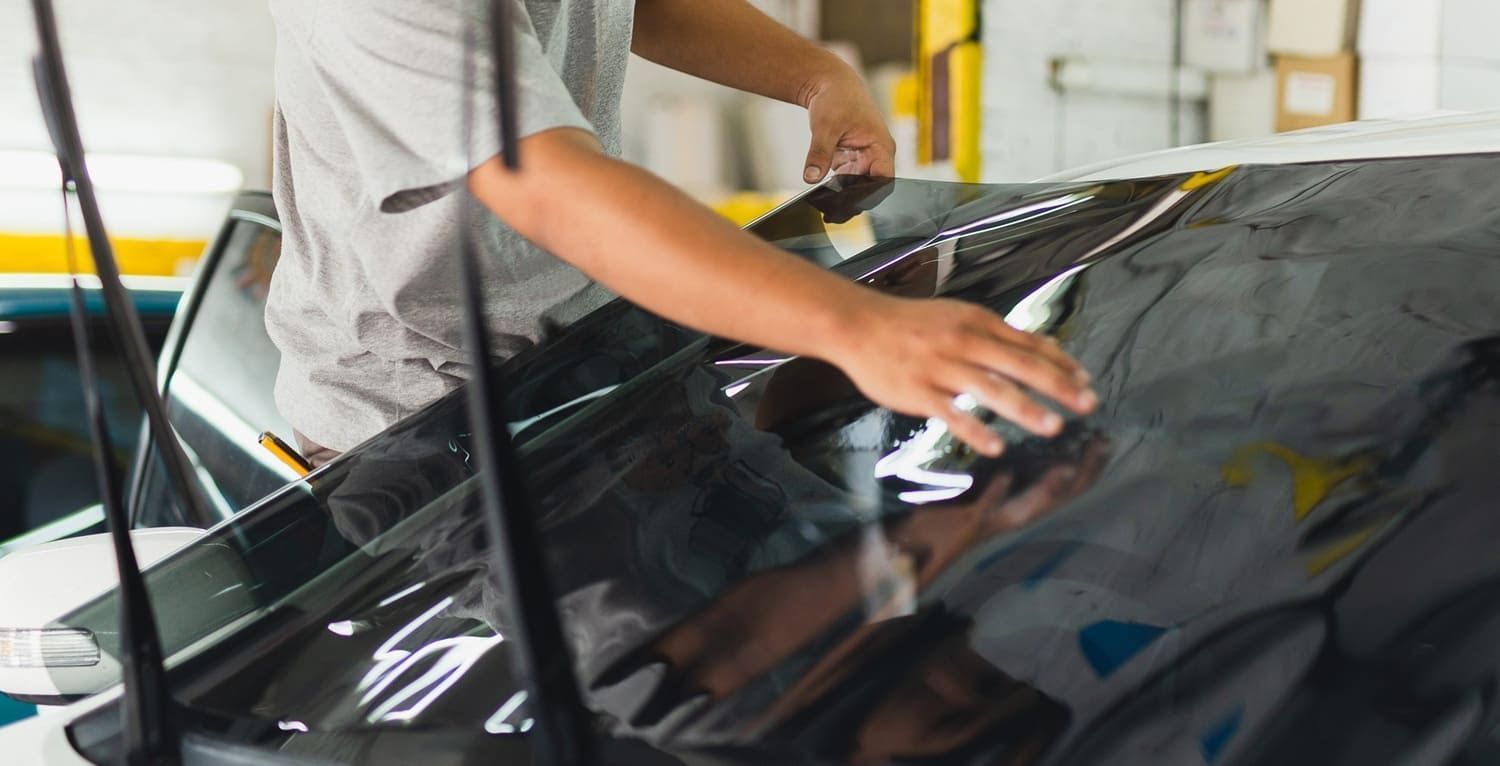
Finding a Reputable Tinting Service
When searching for "car window tinting near me," it's essential to choose a service that understands Florida's specific tint laws. A reputable service not only provides quality products but also ensures compliance with legal standards. Here are some factors to consider:- Experience and Reputation: Look for a service with a solid reputation and years of experience in the industry. Customer reviews and ratings can provide insight into their service quality. An experienced service provider is more likely to be aware of the nuances of state laws and offer better installation techniques.
- Product Quality : Ensure they use high-quality tint films that come with a warranty. Better quality films tend to last longer and offer better protection against UV rays and heat. Investing in quality products can save money in the long run by reducing the need for frequent replacements.
- Compliance Guarantee: A reputable service should guarantee that their tint installations comply with state laws. This assurance can save you from potential legal hassles down the line. Knowing that your tinting service stands behind their work provides peace of mind and additional security.
Conclusion
Understanding the legal limits for car window tint in Florida is crucial for anyone considering tinting their vehicle's windows. By adhering to these regulations, you can enjoy the benefits of tinted windows while avoiding potential fines and legal issues. Tinting your windows legally ensures both your safety and that of other road users. Always consult with a professional tinting service to ensure your car windows are both stylish and compliant with state laws. Safe driving and legal compliance should always go hand in hand.For further information, or if you're unsure about the specifics of Florida's tint laws, consider reaching out to a local Department of Motor Vehicles (DMV) office or a professional tinting service. They can provide the latest updates and ensure your vehicle remains within legal limits. Staying informed and proactive is key to enjoying the benefits of window tinting without encountering legal problems.
Contact Custom Glass Tinting —Trusted and Premier LLumar FormulaOne Window Tinting installers serving Gainesville, FL —for a free estimate today.
Top FAQs About Florida’s Car Window Tinting Laws
What is the legal window tint percentage for cars in Florida?
In Florida, the legal limit for front side windows is 28% VLT (Visible Light Transmission), while rear side and back windows can be as dark as 15% VLT for sedans and 6% VLT for SUVs and vans.
Is reflective tint allowed on vehicles in Florida?
Yes, but only moderately. Florida allows up to 25% reflectivity on front side windows and 35% on the rear side. Excessive mirror-like or metallic finishes are not permitted.
Do Florida tint laws apply to windshield tinting?
Florida permits a non-reflective tint above the AS-1 line on the windshield (typically about 5 inches from the top), but no darker film is allowed below that line for safety reasons.
Can I get a medical exemption for darker tint in Florida?
Yes, Florida law allows for medical exemptions if you have a condition that requires additional UV or light protection. You must carry official documentation when driving.
Are there fines for illegal window tint in Florida?
Yes. Driving with illegal window tint can result in non-criminal traffic violations, typically accompanied by fines and a requirement to remove or replace the tint.
How is window tint measured during a traffic stop in Florida?
Law enforcement uses a tint meter to measure the VLT percentage on your windows. If the reading is below the legal limit, you may be cited on the spot.
Should I choose a professional installer for legal compliance?
Absolutely. Certified tint shops in Florida are familiar with the state’s regulations and can ensure that your tint meets legal standards while maximizing heat and UV protection.

